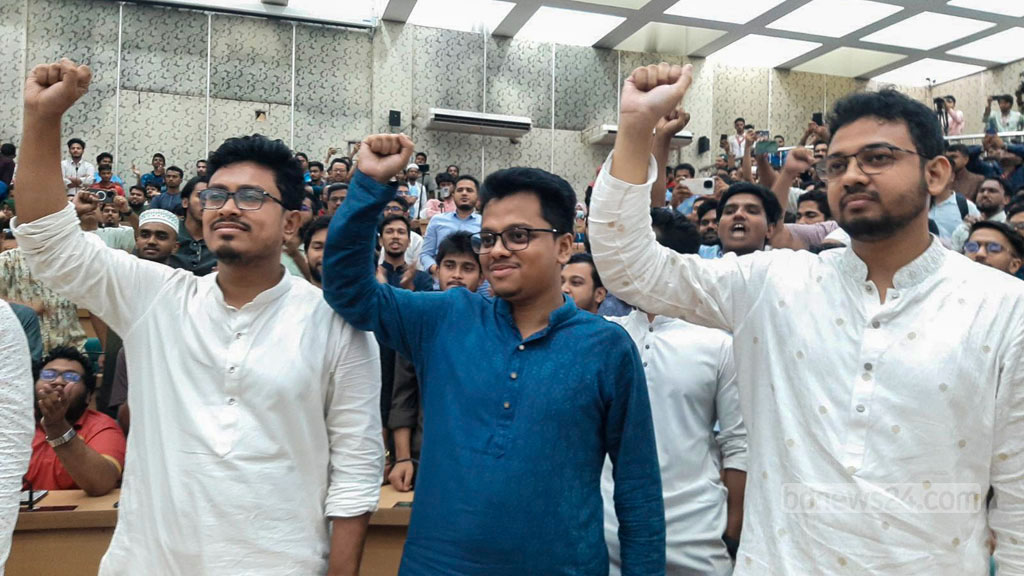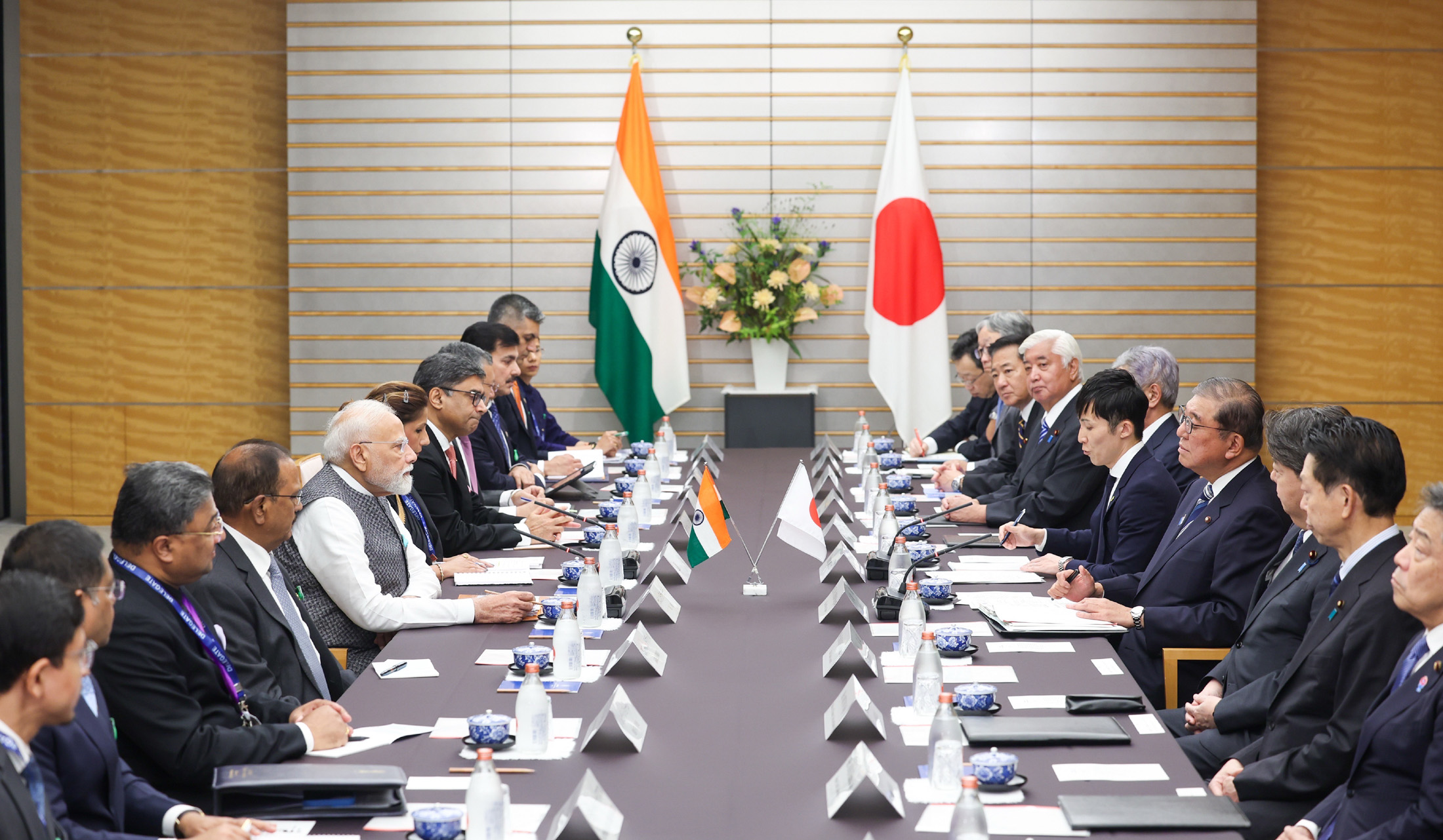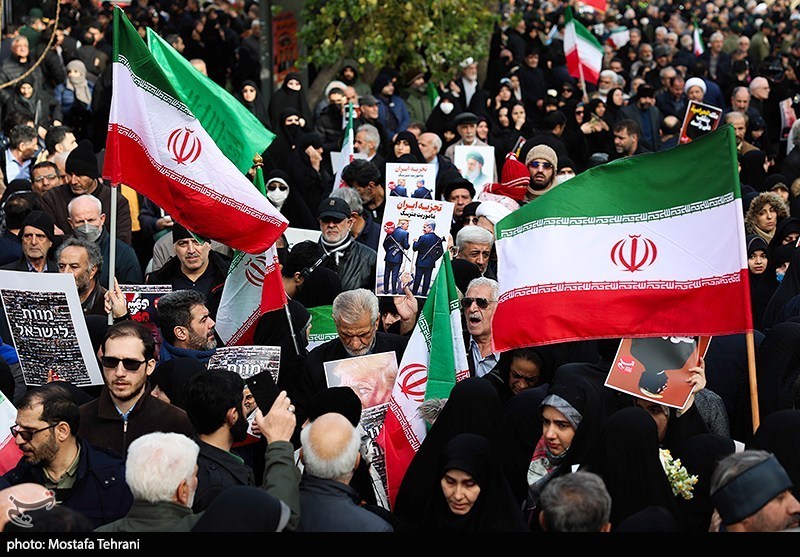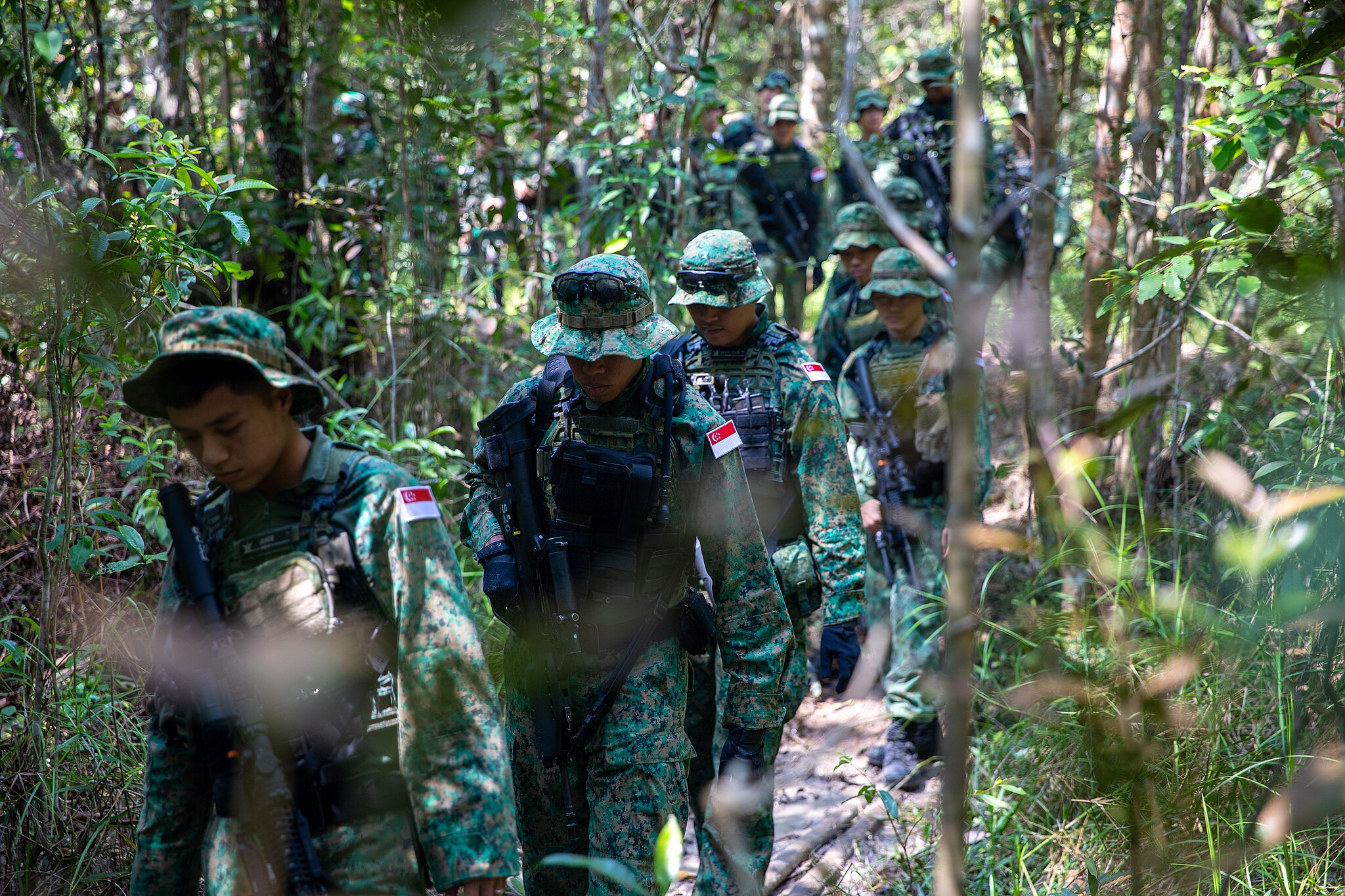While Australian university student politics focuses on campus issues, in Bangladesh student elections can topple governments and reshape nations. The recent victory of Islamic student leaders at Dhaka University—following a revolution that killed over 1,400 people—signals a dramatic shift in one of Australia’s key regional partners and home to over 170,000 Bangladeshi-Australians.
After a six-year hiatus, the Dhaka University Central Students’ Union (DUCSU) election took place on 9 September 2025. Surprisingly, the whole nation was excited about this university-exclusive poll, which sparked debates and discussions among educated Bangladeshis at home and even abroad.
In Australia and developed Western countries, student politics is generally issue-based and confined to campuses. Political parties are not heavily dependent on their student wings, and students are not the primary recruits. However, in Bangladesh, the student wings play an active role in mainstream politics. They serve as manpower for political programs, and in many cases, turn public university campuses into battlegrounds for power struggles. A large percentage of Bangladeshis perceive the political parties to be corrupt and violent. Consequently, they lack significant public support, and most people tend to avoid affiliation with them. To compensate, the parties recruit students to gain support, while offering political power in return. Association with the student wings paves the way for students to become future national leaders. As a result, student politics is not just a campus activity; instead, it lays the foundation for future politics.
Almost all the student movements that originated in Bangladesh began at the University of Dhaka, situated at the heart of the capital. It started with the Language Movement in 1952, when multiple students lost their lives while protesting against a decision by the Pakistani authorities who refused to recognise Bangla as a state language. At that time, Bangladesh was still part of Pakistan, known as East Pakistan, and the movement laid the groundwork for the nation’s later independence war. In 1969, students at Dhaka University, led by DUCSU leaders, participated in a larger uprising that challenged Pakistan’s military ruler, Ayub Khan, and his regime’s decisions. For the second time, students managed to secure a victory over the government. This legacy continued even after Bangladesh’s independence.
DUCSU is a student union recognised by the university that represents the voice of students in matters related to academics, sports, cultural activities, campus accommodation, transportation facilities, and other relevant issues. It has two groups: the Central Union consists of 28 elected representatives, including a vice president (VP), general secretary (GS), additional general secretary (AGS), 12 secretarial members, and 13 general members. The other group, the Hall (dormitory) Union, is made up of 13 elected student members from each of the 18 dormitories.
In 1990, a massive revolution overthrew military ruler Ershad, with DUCSU leaders spearheading the Dhaka University student uprising. Notably, the VPs from both the 1969 and 1990 uprisings later became parliamentary members. In recent times, Nurul Haque Nur, the VP elected in the 2019 DUCSU election, planted the seed of the Quota Reform Movement and led multiple protests during Hasina’s 16-year rule. Although he was not successful, his comrades revived the movement in 2024, which finally forced Hasina to resign and flee to India after killing more than 1,400 civilians during July–August 2024.
For the first time after Bangladesh’s independence in 1971, leaders backed by Bangladesh Islami Chatrashibir achieved a landslide victory, securing the VP, GS, and AGS positions alongside 9 out of 12 secretarial positions and 11 out of 13 member positions—a great surprise given that Chatrashibir is the student wing of Bangladesh Jamaat-e-Islami, which is heavily criticised for supporting Pakistan during the liberation war and whose top leaders were either hanged or imprisoned by Hasina’s government for war crimes, though these trials remain debated. This demonstrates that DUCSU not only represents Dhaka University students but also significantly influences the nation’s future through its role as a launching pad for political leaders and movements that shape Bangladesh’s democratic trajectory.
The members of the Bangladesh Awami League (BAL) continuously portrayed their opposition, ranging from teenagers to adults, as Rajakars or Jamaat/Shibir supporters who supported the idea of a united Pakistan. It had been made an unwritten law that members of Jamaat/Shibir were to be persecuted. Especially practising Muslims were targeted, including the killing of engineering student Abrar Fahad, which is still discussed to this day. A student at Dhaka University was also beaten and hospitalised in 2016 due to a religious comment he made on a Facebook post.
The BAL leaders tried to portray the participants of the Quota Reform Movement as the children of Rajakars, which ironically led the whole nation to burst out shouting that they were all Rajakars. This ultimately led to the overthrow of the government on August 5, 2024.
After the revolution, the country has witnessed many cases of extortion, with the current largest political party, the Bangladesh Nationalist Party (BNP), becoming heavily criticised for its leaders’ involvement in them, including a businessman allegedly stoned to death in front of many bystanders on a busy street in Dhaka for refusing to pay extortion money. BNP leaders brought back the culture of labelling opposition as Rajakars by publicly chanting offensive slogans against Jamaat and Shibir, claiming that they are Rajakars and Pakistanis.
Moreover, before the six-year hiatus of the DUCSU election, there was an even more extended break of 28 years—following the Chatra Dal-backed panel’s landslide victory in the 1990 DUCSU poll, the BNP government was elected in 1991 and ruled until 1996 and again between 2001 and 2006; however, no DUCSU election took place between 1991 and 2018. Furthermore, over time, dormitories at Dhaka University began to have gonorooms, which were rooms overcrowded with students sleeping on the floor. While in power, both Chatra League (backed by BAL) and Chatra Dal took control of the dormitories with many students living there under their shelter in exchange for their allegiance. This practice finally came to an end when the university authority announced the abolition of gonorooms on 10 September 2024. However, in a recent campus debate, the Chatra Dal-backed AGS candidate Tanvir Al Hadi Mayed denied that Chatra Dal started gonorooms, claiming those who say they did are propaganda-spreading Shibir members.
These incidents led the students to believe that Chatra Dal has been following Chatra League’s footsteps in labelling students as Shibir and dehumanising them. On the other hand, it is widely thought that Shibir’s Sadik Kayem made a significant contribution to the students’ revolution aimed at overthrowing Hasina. Frustrated with both League and Dal’s actions, and mindful of Shibir’s contribution to the 2024 uprising, the students decided to vote for Shibir, who had never been elected before. These factors contributed to Shibir’s victory, which typically identifies itself as an Islamic party affiliated with Bangladesh Jamaat-e-Islami. However, only a few people at the university are practising Muslims. Furthermore, four female students supported by the Shibir panel were elected for two secretarial and two non-secretarial posts. This conveyed a message that the party is not ultra-conservative in its stance on denying women leadership.
As seen before, many DUCSU leaders have become prominent faces in Bangladeshi politics. This time, the Shibir members have made a significant breakthrough in authorised university politics. If they can demonstrate more responsible leadership than their rivals, who have ruled Bangladesh for multiple tenures, this can lead Bangladesh Jamaat-e-Islami towards increasing its popularity and securing more seats in the national elections. This would mean a significant shift in the country’s political and social culture. However, failure can lead the party towards squandering its chance to appear as a top political force in Bangladesh.
Tahmid Tazwar Khan is a freelance writer based in Copenhagen, Denmark. A former student at the University of Dhaka, he is recognized for his active participation in the 2018 and 2024 movements.
This article is published under a Creative Commons license and may be republished with attribution.





